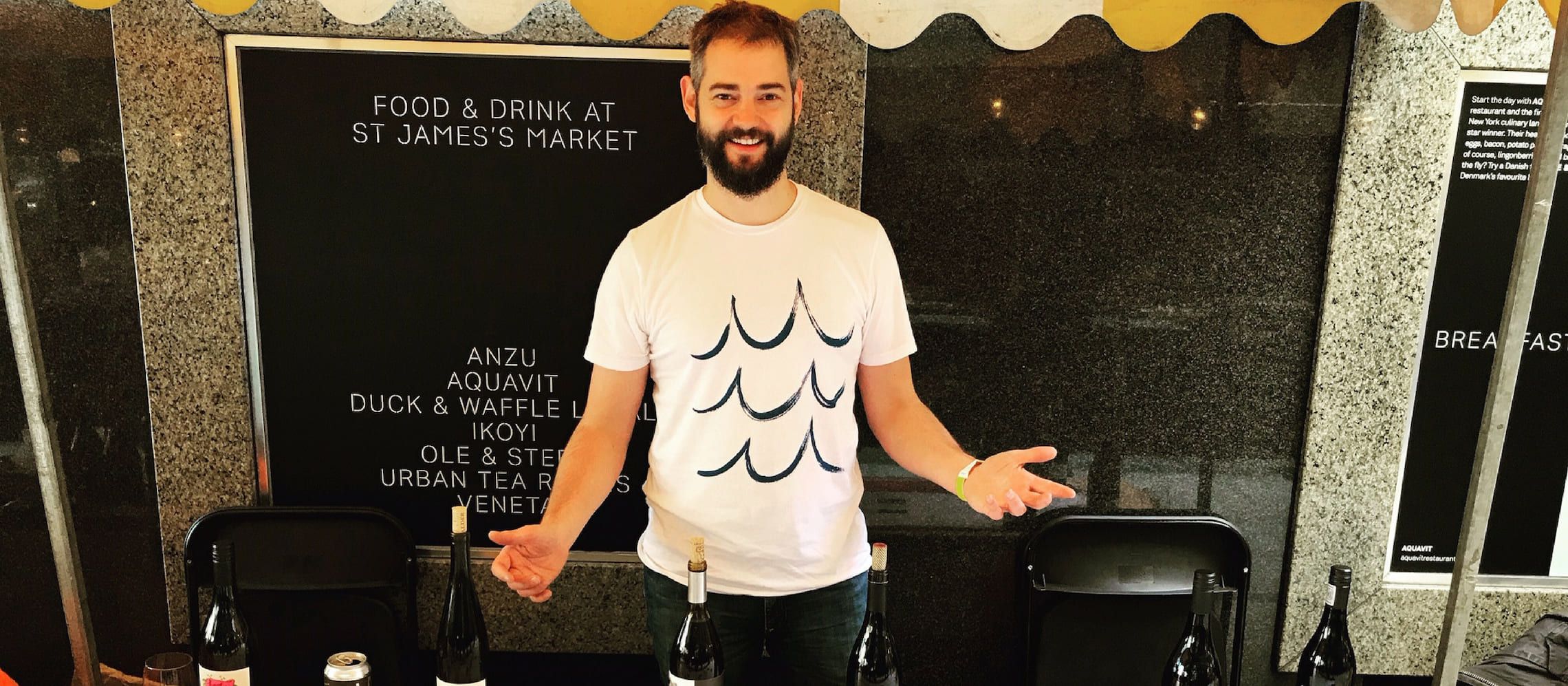Super Early Deadline
31 August 2025
Judging
Date
23 & 24 March 2026
Winners Announcement
22 April 2026
31 August 2025
23 & 24 March 2026
22 April 2026

At Nekter Wines, they import wines from Australia, California and South Africa. They only work with the winemakers who farm organically and sustainably. Jonathan Davey, the Founder of Nekter Wines, recently shared important insights about his business.
I started Nekter Wines following a disconsolate 15 in management consulting. I was on track for Partner and staring down the barrel of another 15 years when I went to South Africa on holiday. I’d always been interested in wine but had never really had the time to invest in learning about it. I wanted to bring some wine home for myself and spoke to as many retailers and sommeliers as I could find. I came back with some superb wines and really enjoyed the experience and figured I could take my strengths in consulting and align it well with this passion.
We work exclusively with minimal intervention producers. We decided to focus only on California, South Africa and Australia – which no-one else is doing. We started working with assistant winemakers for some really big names and building a niche for mid to high-end small production atypical wines from the new world.
We are going to stick with 30 producers in total, any more than that and I don’t believe you can fully emotionally invest in the products. These producers all fit the same profile. Minimal intervention (doing as little as possible to the fruit to make the wine as good as it can be), organic and sustainable farming methods, early picking for freshness, high acids and low alcohol. Unusual grape varieties and winemaking. We have Pinot Meunier from Napa Valley, the only Carmenere in South Africa, a carbonic Nebbiolo from Australia. All are in low production.
The combination of great fruit and low volumes means we are not inexpensive. But the people who make our wines are all in or around their 30s and they “Make the kinds of wine we like to drink”, so that means our average DPD ex-VAT prices range from £7-£23 in South Africa, £9-£25 in Australia and £11-£35 in California.
I think California will make some noise. The current view on the UK market is that the South African wines are pushing the boundary more than any other region. We’re seeing some very interesting wines coming out of the Golden State like submerged cap four-week skin contact Ribolla Giallas and carbonically macerated Counoise. We’re doing what we can to start to get those over here.
I’ve recently employed my first full-time staff member so that mitigates the most immediate problem for Nekter which has always been time and capacity. The roll-out of Brexit will have profound implications for getting wines here in early 2019. For the producers, the growing shift in climate patterns looks set to continue, although California looks to have had an absolutely epic vintage for minimal intervention vines. The on and off-trade business in the UK remains an intensely challenging market.
At this stage, it’s really just about getting out and about. We’re looking to build a similar model on the distribution side that we have on the supply side. We are looking for two to three partners per major city, or region, to limit the exclusivity of the wines and to allow us to build those relationships over time.
Make your wines stand out on the world stage. Enter the London Wine Competition by August 31 to secure Super Early Bird savings.